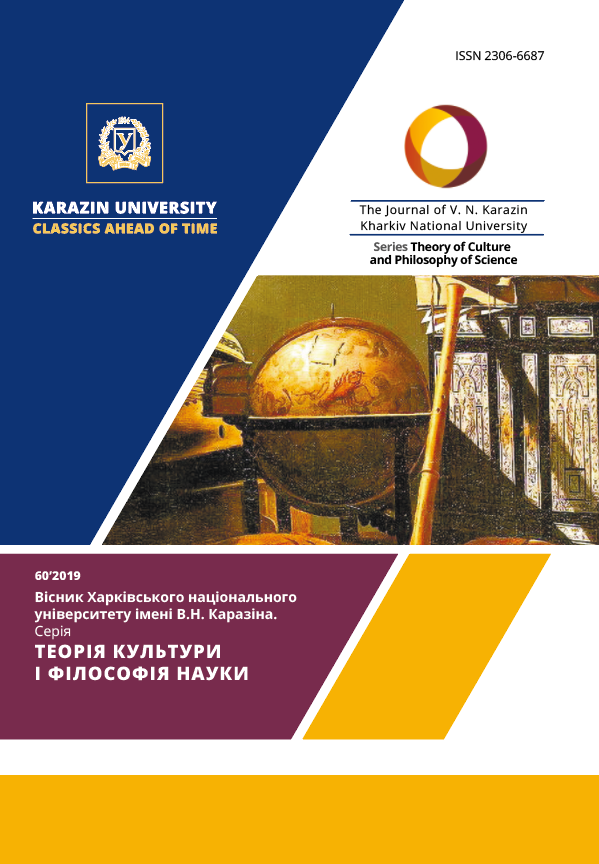Pleasant and unpleasant as main forms of perception of the soul in history of philosophy
Abstract
In the given article it is considered fundamentalism of categories pleasant and unpleasant for human cognition. It is suggested hypothesis according to what they are the basis of any cognition of human and any organism at all. In this article it is considered the points of philosophers for whom the notion of pleasant and unpleasant were fundamental for understanding of telos way of leaving, world order etc. In this article it is considered the views of all known philosophers, who thought that pleasant and unpleasant are conciderable sides of alive organisms and of world perception. There are considered not only importance of pleasant and unpleasant as gnoseological categories but also as onthological and ethical. The author of the article makes own suggestions and conclusions of given material and besides makes own hypothesis of the roul of pleasant and unpleasant for understanding human soul as a phenomena. Pleasant and unpleasant appear to be main charachteristic and criteria for alive organism and we make a conclusion that concept of Epicurus may be considered in a new key that will give a benefit for modern science and will answer many questions of contemporary psychology and neuropsychology. We want not only suggest the concept of Epicurus and say that it is considerable part of history of philosophy. We suggest a new concept in postulation of what Epicurus and other proposed philosophers may help us. This concept is philosophy and science of pleasant and unpleasant. We assume that pleasant and unpleasant have a strong gnoseological role and moreover are the only categories of cognition. Our position also bases on Christianity and religion of that reason we cannot completely support the position of Epicurus because his ethics is mainly based on the belief that there is no life` after death, that soul is mortal and it has no opportunity to enter an immortal world after death. This position mostly made him to invent the ethics of pleasure because if there is not eternity for us and we die, we should find something allaying in our life not to think that one day we’ll die and everything will stop. We can not support this position and that side of his concept, of that reason we propose to fulfill his concept with Christian view.
Downloads
References
Аристотель. Метафизика / Пер. М.И. Иткина; ком. А.В. Сагадеева // Аристотель. Соч.: в 4 т. М.: Мысль, 1975. Т. 1.
Диоген Лаэртский О жизни, учениях и изречениях знаменитых философов/Ред. тома и авт. вступ. ст. А. Ф. Лосев; Перевод М. Л. Гаспарова, – 2-е изд. – М.: Мысль, 1986. – 624 c., 1 л. карт. – (Филос. наследие).
Портал И. Л. Викеньтьева. Телезио. http://vikent.ru/author/1461/
Розмари Гуили. Энциклопедия ангелов.: http://www.studmed.ru/guili-re-enciklopediya-angelov_28a76aa4e7f.html
Реале и Антисери. Западная философия от истоков и до наших дней. т.1. http://yanko.lib.ru/books/philosoph/reale_antiseri-1-2_tom-antic-srednevekovie-2003-8l.pdf
Философия: Энциклопедический словарь. – М.: Гардарики. Под редакцией А.А. Ивина. 2004
Эпикур. Письмо к Менекею. http://ancientrome.ru/antlitr/t.htm?a=1358238790
David Constan. Epicurus Stanford Encyclopedia of Philosophy. [Электронный ресурс].- Режим доступа: https://plato.stanford.edu
Luke Slattery. Epicurus for today. : https://philosophynow.org/issues/117/Epicurus_For_Today




